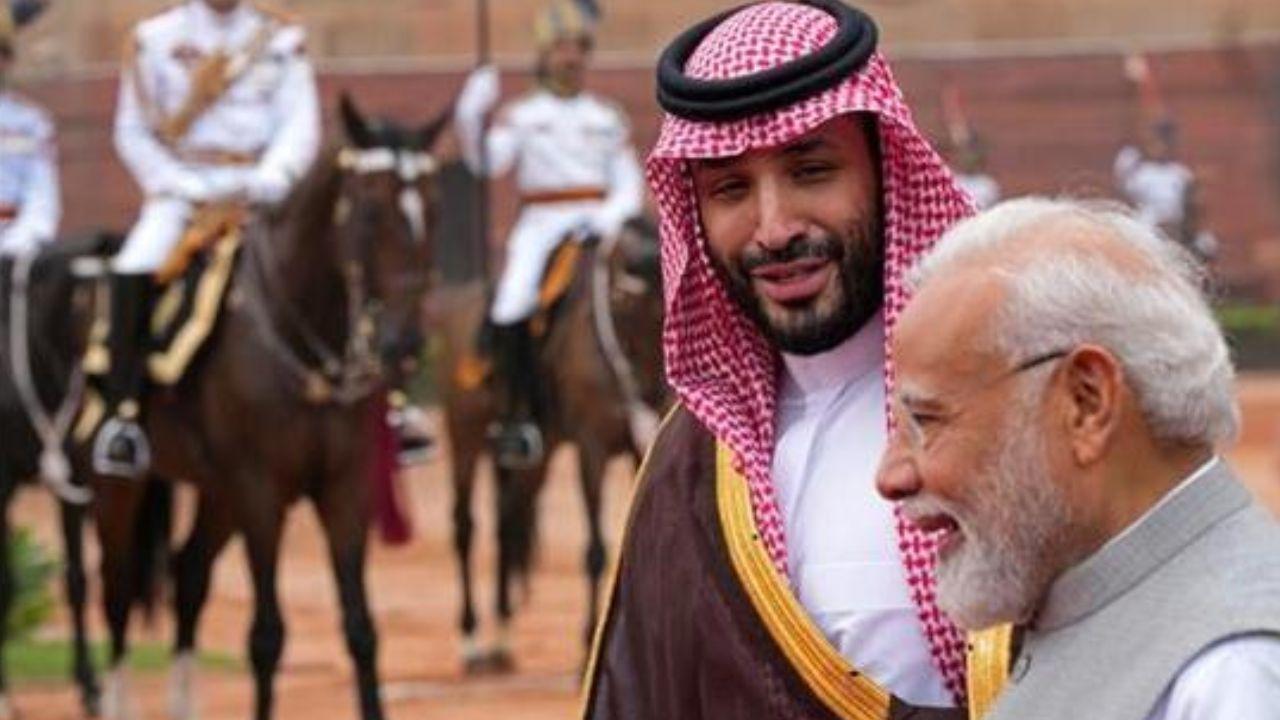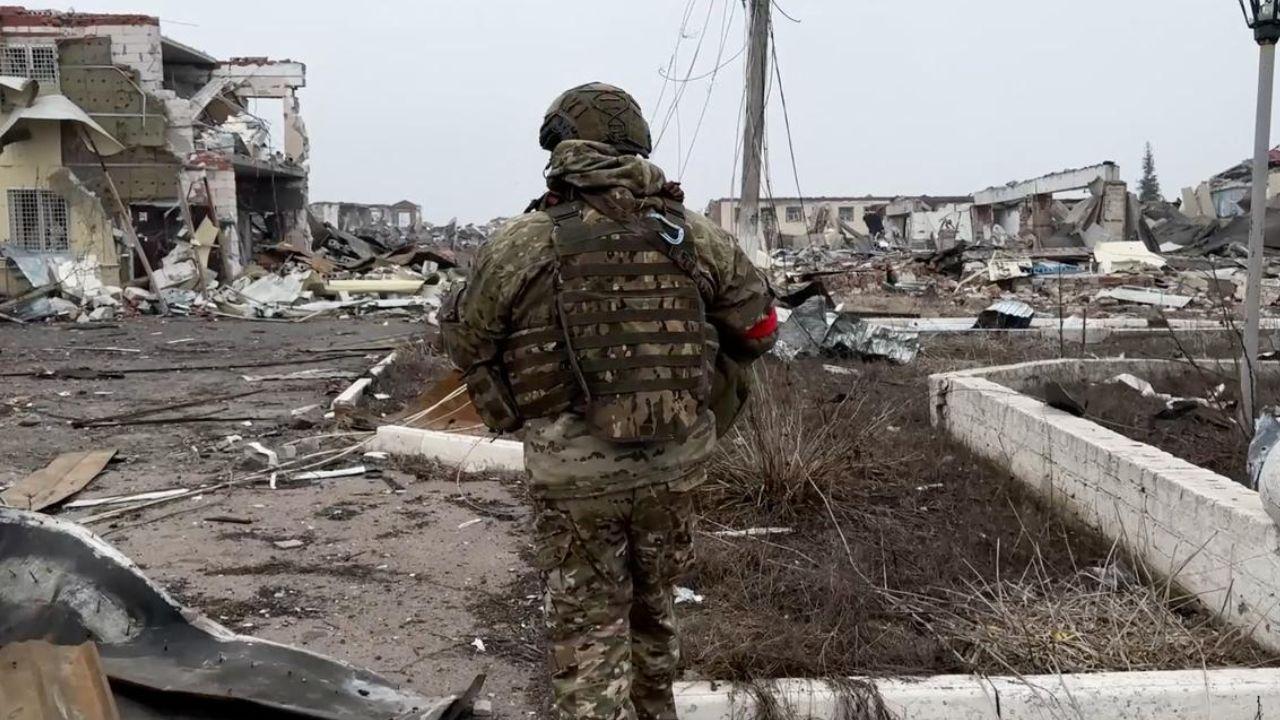
Post by: Elena Malik
Photo : AP
Since Donald Trump announced his return to the White House, undocumented immigrant Angel Palazuelos has found it increasingly difficult to sleep. The 22-year-old graduate student in biomedical engineering, living in Phoenix, Arizona, is filled with fear about the incoming president’s promises of mass deportations.
“I was terrified,” Palazuelos said, recalling the moment he heard the news. “I am in fear of being deported, of losing everything that I’ve worked so hard for, and, most importantly, being separated from my family.”
Born in Mexico, Palazuelos came to the United States at the age of four. He is one of the many undocumented immigrants referred to as "Dreamers," a group of individuals brought into the U.S. as children without citizenship. Throughout Trump’s election campaign, Palazuelos heard the president repeatedly express his harsh views on illegal immigrants, using violent rhetoric to describe those he claimed were “poisoning the blood” of the United States.
While Trump’s rhetoric has been clear, his exact plans for mass deportation remain undefined. Experts warn, however, that the logistics of mass deportation would be extraordinarily complicated and financially draining. This ambiguity leaves many in the undocumented community, like Palazuelos, wondering what such plans would mean for them.
Stay informed with the latest news. Follow DXB News Network on WhatsApp Channel
“What do mass deportations mean? Who does that include?” Palazuelos questioned. “Does it include people like me, Dreamers, people who came here at a very young age and had no say in the matter?”
To make matters worse, the state of Arizona, where Palazuelos resides, has recently approved a referendum that allows state police to arrest suspected illegal immigrants. Previously, only federal border authorities had that power. While this law is still pending legal review, Palazuelos is fearful that it could lead to increased racial profiling.
“What makes someone a suspect of being here illegally? Is it because they don’t speak English?” Palazuelos wondered. “My grandma is a U.S. citizen, but she doesn’t speak English very well. I speak English, but would I be suspected because of the color of my skin?”
Jose Patino, 35, shares a similar sense of dread and frustration. Born in Mexico and brought to the U.S. at the age of six, Patino now works for Aliento, an organization that supports undocumented immigrants. He benefited from the Deferred Action for Childhood Arrivals (DACA) policy, which offers protections and work permits to immigrants who arrived as children. However, Patino's DACA protections are set to expire next year, and Trump has pledged to end the program.
Patino recalls the challenges he faced in his twenties as an undocumented immigrant, including being unable to get basic jobs, apply for a driver’s license, or travel freely for fear of deportation. With Trump promising to end DACA, Patino feels as though his future is uncertain. As a result, he is considering moving to states like Colorado or California, which have laws that limit cooperation with federal immigration authorities.
"I don’t want to go back to that kind of life,” Patino said, reflecting on the years when he struggled as an undocumented immigrant. "It's frustrating and hurtful that I’ve been following the rules—working, paying taxes, and contributing to this country—and that still isn’t enough."
Despite his frustrations, Patino understands why some Hispanic voters, even those facing economic hardship, chose to vote for Trump. For many, the belief that they wouldn’t be targeted due to their legal status outweighed the concerns about immigrants.
“A lot of Latinos associate wealth and success with whiteness, and they want to be part of that group,” he explained. “They want to be included, rather than be marginalized and seen as 'the other.'”
Patino’s feelings are compounded by his anger toward his own family members—uncles and cousins who were once undocumented but voted for Trump in the election.
“We can't even talk about it anymore,” Patino said. “If we do, it’ll turn into a fight.”
For many undocumented immigrants like Palazuelos and Patino, Trump's victory has been a reminder of their fragile existence in the U.S. The future remains uncertain, and with Trump’s promises of mass deportations looming, the fear, frustration, and tension in immigrant communities continue to grow.
#trending #latest #UndocumentedImmigrants #DACA #Dreamers #TrumpDeportation #ImmigrationReform #MassDeportation #ImmigrantRights #ImmigrationPolicy #DeferredAction #RacialProfiling #ImmigrantStruggles #ImmigrantFamilies #ImmigrantCommunity #headlines #topstories #globalUpdate #dxbnewsnetwork #dxbnews #dxbdnn #dxbnewsnetworkdnn #bestnewschanneldubai #bestnewschannelUAE #bestnewschannelabudhabi #bestnewschannelajman #bestnewschannelofdubai #popularnewschanneldubai

Vikrant Karyakarte: The Artist Who Paints the Rhythm of Life....Read More.

PM Modi will visit Jeddah to meet Crown Prince MBS. Talks will cover strong ties, strategy, and new MoUs. This is his first visit in his third term....Read More.














Humanoid Robots Race with Humans at Half-Marathon in China
21 humanoid robots raced alongside runners in the Yizhuang half-marathon, showcasing robotic enginee

Woman Brain-Dead After Paris Cryotherapy Accident
A woman is brain-dead after a fatal cryotherapy accident in Paris that also claimed a gym worker’s l

A Chinar Leaf in the Desert: Zubair Kirmani and the Journey of Kashmir at World Art Dubai
A Chinar Leaf in the Desert: Zubair Kirmani and the Journey of Kashmir at World Art Dubai

Carla Gía Brings the Language of Duality to World Art Dubai 2025
Carla Gía Brings the Language of Duality to World Art Dubai 2025

Not Just a Painting, It’s a Pulse: Deena Radhi at World Art Dubai 2025
Not Just a Painting, It’s a Pulse: Deena Radhi at World Art Dubai 2025